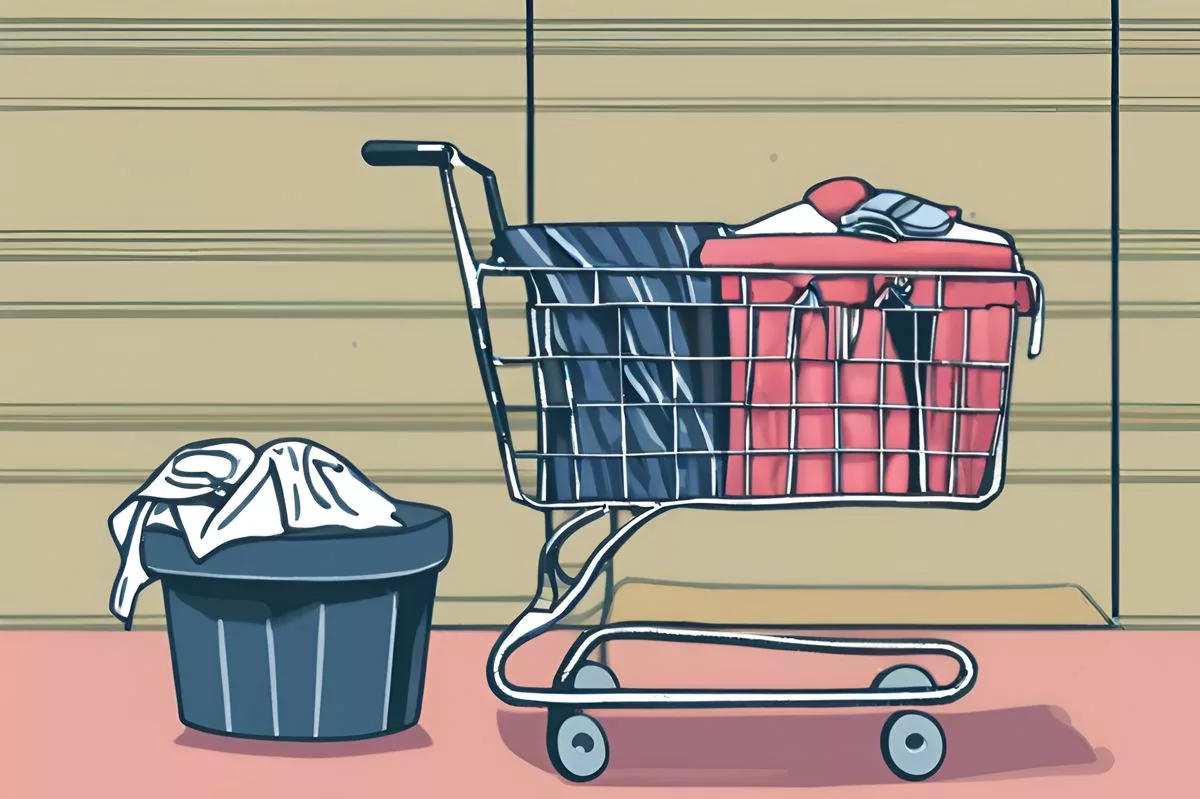South Africa has made significant strides towards a sustainable and environmentally friendly economy with the granting of 1,110 licenses for hemp cultivation. The Cannabis Master Plan aims to enhance economic growth, poverty reduction, and job creation in South Africa with nine robust pillars. The plan covers all aspects of the industry, from growing to consumption, and everything in between, and showcases a clear vision for an environmentally sustainable future while creating a plethora of economic and environmental opportunities.
Towards a Sustainable Economy: The Rise of South Africa’s Hemp Market. South Africa has granted 1,110 licenses for hemp cultivation, following the endorsement of the Cannabis for Private Purposes Bill by President Cyril Ramaphosa in May 2024. The Cannabis Master Plan aims to significantly enhance economic growth, poverty reduction, and job creation in South Africa with nine robust pillars. The country’s blossoming hemp industry showcases a clear vision for an environmentally sustainable future while creating a plethora of economic and environmental opportunities.
Towards a Sustainable Economy: The Rise of South Africa’s Hemp Market
South Africa has taken a substantial leap towards a more sustainable and environmentally friendly economy by granting a total of 1,110 licenses for hemp cultivation. Known for its versatility and renewability, hemp serves as an excellent source of fiber and oil. This progressive decision follows the endorsement of the Cannabis for Private Purposes Bill by President Cyril Ramaphosa in May 2024, which paved the way for a thriving hemp and cannabis sector.
Maropene Ramokgopa, the Acting Minister in The Presidency, recently presented an update to the media regarding the progress of the Cannabis Master Plan. This detailed plan serves as a roadmap for setting up, nurturing, and expanding the cannabis and hemp industry. It aims to significantly enhance economic growth, poverty reduction, and job creation in South Africa.
The Master Plan is built upon nine robust pillars, namely Effective Regulatory Services, Sustainable Seed Supply Systems, Research and Technology Development, Producer Support Systems, Market Development, Enterprise and Supplier Development, Manufacturing and Product Development, Education and Training, and Communication and Awareness. The plan provides a comprehensive overview, covering all aspects of the industry, from growing to consumption, and everything in between.
Policy and Legal Developments: Nurturing the Industry
On the policy front, the Department of Justice and Constitutional Development is in the process of drafting regulations to support the Cannabis for Private Purposes initiative. Simultaneously, the South African Health Products Regulatory Authority, under the Department of Health’s supervision, has completed consultations regarding changes to the Schedules of the Medicines and Related Substances Act, 1965.
The Department of Trade, Industry, and Competition, demonstrating the Master Plan’s holistic approach, has concluded a situational and value chain analysis of the Hemp and Cannabis sector. The department is now ready to commence discussions on the Cannabis Commercialisation Policy, marking a crucial step towards a more sustainable economy.
Agricultural and Product Developments: Revolutionary Steps towards Progress
The Agricultural Research Council (ARC), backed by the Department of Agriculture, Land Reform and Rural Development (DALRRD), have cultivated two new hemp varieties. These varieties are currently in their second season of seed multiplication and are expected to be available for the 2025 growing season.
The Minister of Agriculture, Land Reform and Rural Development approved the Hemp Certification Scheme in May 2024, in another significant advancement. This scheme is designed to uphold the varietal purity and quality of hemp propagation material, thus promoting the production of superior hemp seeds.
The DALRRD, in partnership with the ARC, has initiated a research project worth R124 million. This project will concentrate on Cannabis breeding for medicinal, fiber, and other applications, plant disease monitoring, indigenous germplasm gathering, and seed system development.
Fostering Innovation and Monitoring: Key Aspects of the Master Plan
In an effort to stimulate enterprise and innovation within the hemp sector, the DALRRD, in collaboration with the Council for Scientific and Industrial Research, is providing support to 10 small, medium, and micro enterprises in Gauteng for product development.
The ARC has formulated a thorough training program for inspection services, acknowledging that monitoring and observing hemp cultivation is a crucial aspect of the Master Plan.
South Africa’s blossoming hemp industry showcases a clear vision for an environmentally sustainable future while creating a plethora of economic and environmental opportunities. The careful planning and structured development are guiding South Africa’s path towards sustainability, economic progress, and poverty reduction. It is hoped that other countries will also take notice and realize the potential of hemp in promoting sustainable development and economic growth.
1. How many licenses has South Africa granted for hemp cultivation?
South Africa has granted a total of 1,110 licenses for hemp cultivation.
2. What is the Cannabis Master Plan?
The Cannabis Master Plan is a roadmap for setting up, nurturing, and expanding the cannabis and hemp industry in South Africa. It aims to significantly enhance economic growth, poverty reduction, and job creation in the country through nine robust pillars covering all aspects of the industry.
3. What are the nine robust pillars of the Cannabis Master Plan?
The nine robust pillars of the Cannabis Master Plan are Effective Regulatory Services, Sustainable Seed Supply Systems, Research and Technology Development, Producer Support Systems, Market Development, Enterprise and Supplier Development, Manufacturing and Product Development, Education and Training, and Communication and Awareness.
4. What policy developments are currently underway in South Africa regarding hemp and cannabis?
The Department of Justice and Constitutional Development is in the process of drafting regulations to support the Cannabis for Private Purposes initiative, while the South African Health Products Regulatory Authority has completed consultations regarding changes to the Schedules of the Medicines and Related Substances Act, 1965. The Department of Trade, Industry, and Competition has also concluded a situational and value chain analysis of the Hemp and Cannabis sector and is ready to commence discussions on the Cannabis Commercialisation Policy.
5. What product developments and research projects are currently underway in South Africa?
The Agricultural Research Council has cultivated two new hemp varieties and initiated a research project worth R124 million focusing on cannabis breeding for medicinal, fiber, and other applications, plant disease monitoring, indigenous germplasm gathering, and seed system development. The Hemp Certification Scheme has also been approved to promote the production of superior hemp seeds.
6. What is the focus of the ARC’s training program?
The ARC’s training program is focused on inspection services as monitoring and observing hemp cultivation is a crucial aspect of the Cannabis Master Plan.












